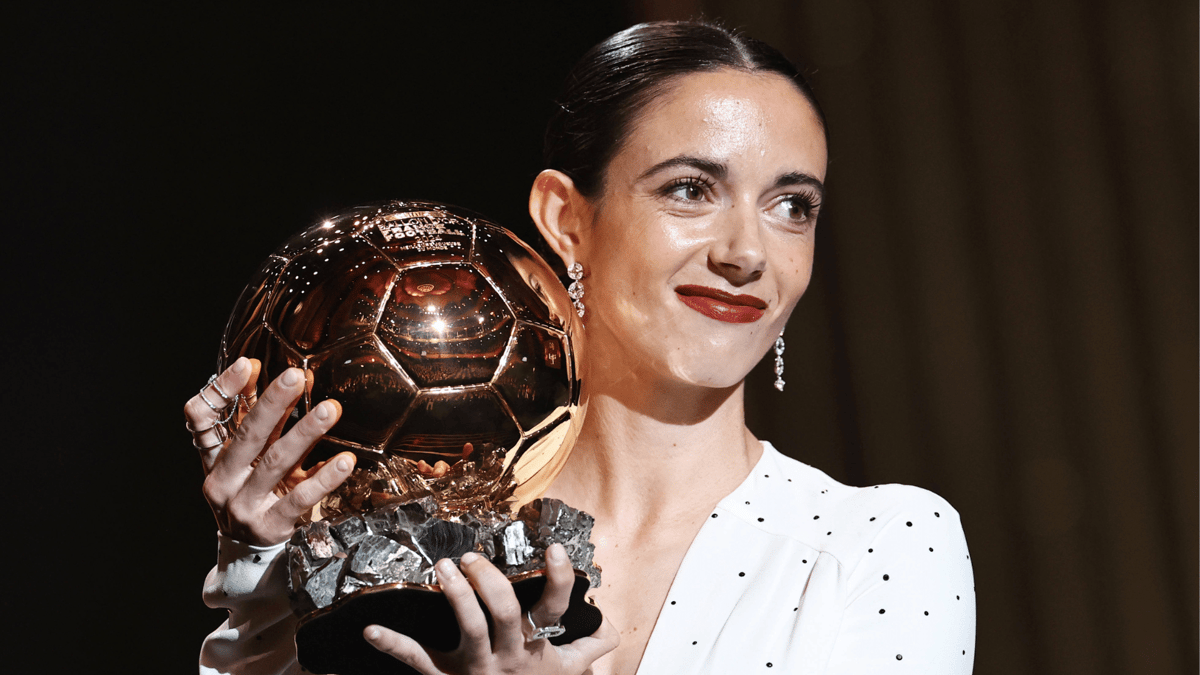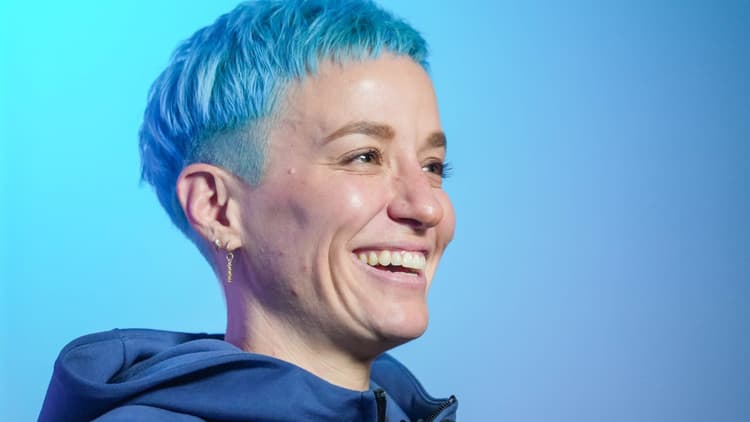-
Analysis
- 6 hours ago
The top 10 highest paid women’s footballers in the world

Women’s football may have experienced huge growth over the past decade, but the finances in the game still cower in comparison to the men’s game.
Of course, TV rights deals and the number of spectators watching matches and buying merchandise attracts far greater sums in men’s football, but women’s soccer is receiving a slow and steady increase in attention and money.
According to Forbes, Cristiano Ronaldo was the highest-paid football player in the world in 2023, with the Portuguese international taking home a ludicrous annual salary of nearly €200 million at Al-Nassr.
MORE: The 10 most expensive WSL transfers of all time
The Saudi Pro League has pumped money into the sport, with some of Europe’s biggest names moving to Saudi Arabia thanks to the insane wages they’ve been offered.
The women’s game starks in comparison, but the highest earners in the sport still earn a decent chunk more than the average worker.
While Ronaldo earns almost €200m a year, the highest-paid female footballer is reportedly Aitana Bonmatí.
That is according to AS, who revealed the figures in 2024.
Two-time Ballon d'Or winner Alexia Putellas is the second highest-paid player in women's football, overtaking Megan Rapinoe upon the American's retirement from the sport in 2023.

Chelsea's Sam Kerr is the third-highest-paid player in the world ahead of world record transfer Keira Walsh.
Ada Hegerberg and Brazilian legend Marta are also in the top ten along with Wendie Renard, Christine Sinclair and Trinity Rodman.
The top 10 best paid women’s football players
Who are the ten highest-paid female footballers in the world?
| Player | Team | Amount |
|---|---|---|
| Aitana Bonmatí | Barcelona | €1m |
| Alexia Putellas | Barcelona | €700k |
| Sam Kerr | Chelsea | €538k |
| Keira Walsh | Barcelona | €457k |
| Ada Hegerberg | Lyon | €398k |
| Marta | Orlando Pride | €386k |
| Wendie Renard | Lyon | €357k |
| Christine Sinclair | Portland Throms | €345k |
| Trinity Rodman | Washington Spirit | €256k |
How much are women's footballers paid?
Much like with the men’s game, women’s footballers are paid vastly differently depending on their quality, age, marketability, and several other factors.
Alex Morgan is the best paid women’s football player, with an annual salary of $7.2m, although most of her earnings come from off-field ventures.
However, most teams in the third tier and some teams in the second tier of women’s football in England are not even professional, meaning players are forced to juggle playing football with a full-time job. Some receive travel expenses, but many are not even paid to play football.
Why are women's footballers paid less than men?
Women’s football is currently a world away from the finances involved in the men’s game. That is largely because of the disparity in popularity and therefore the gap in TV rights deals and merchandise sales.

The 2018 Men’s World Cup had 3.6 billion viewers throughout the tournament - nearly half of the world’s population - while the 2019 Women’s World Cup only had 764 million viewers, five times less than the men’s version.
With more viewers, TV broadcasters pay more for the rights to air matches, which gets distributed amongst teams, who then pay their players more.
Furthermore, the first Women’s World Cup wasn’t held until 1991 - 61 years after the first Men’s World Cup. As a result, the women’s game has been playing catch-up ever since, in regards to both attracting viewers and improving the quality of the sport.
There is less money in women’s football than men’s football, which is a big reason why the wages are far less.



















